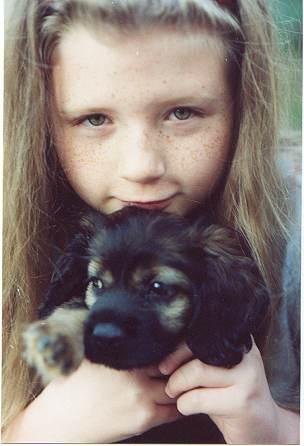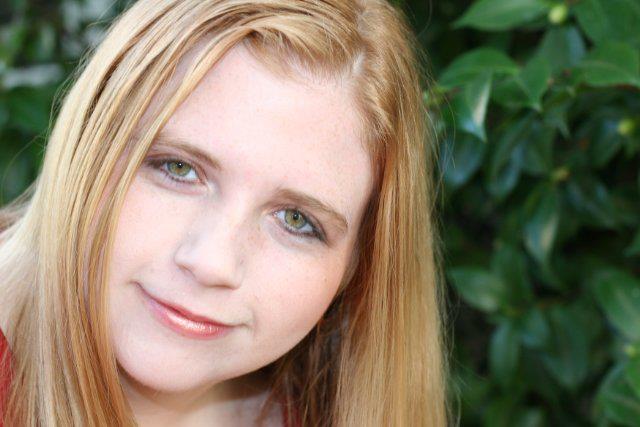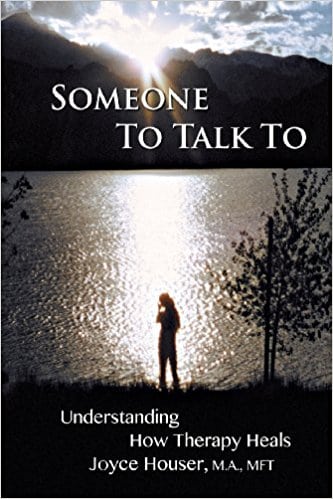I lost my father to suicide when I was 10—here’s how to help a child who’s lost a parent to suicide
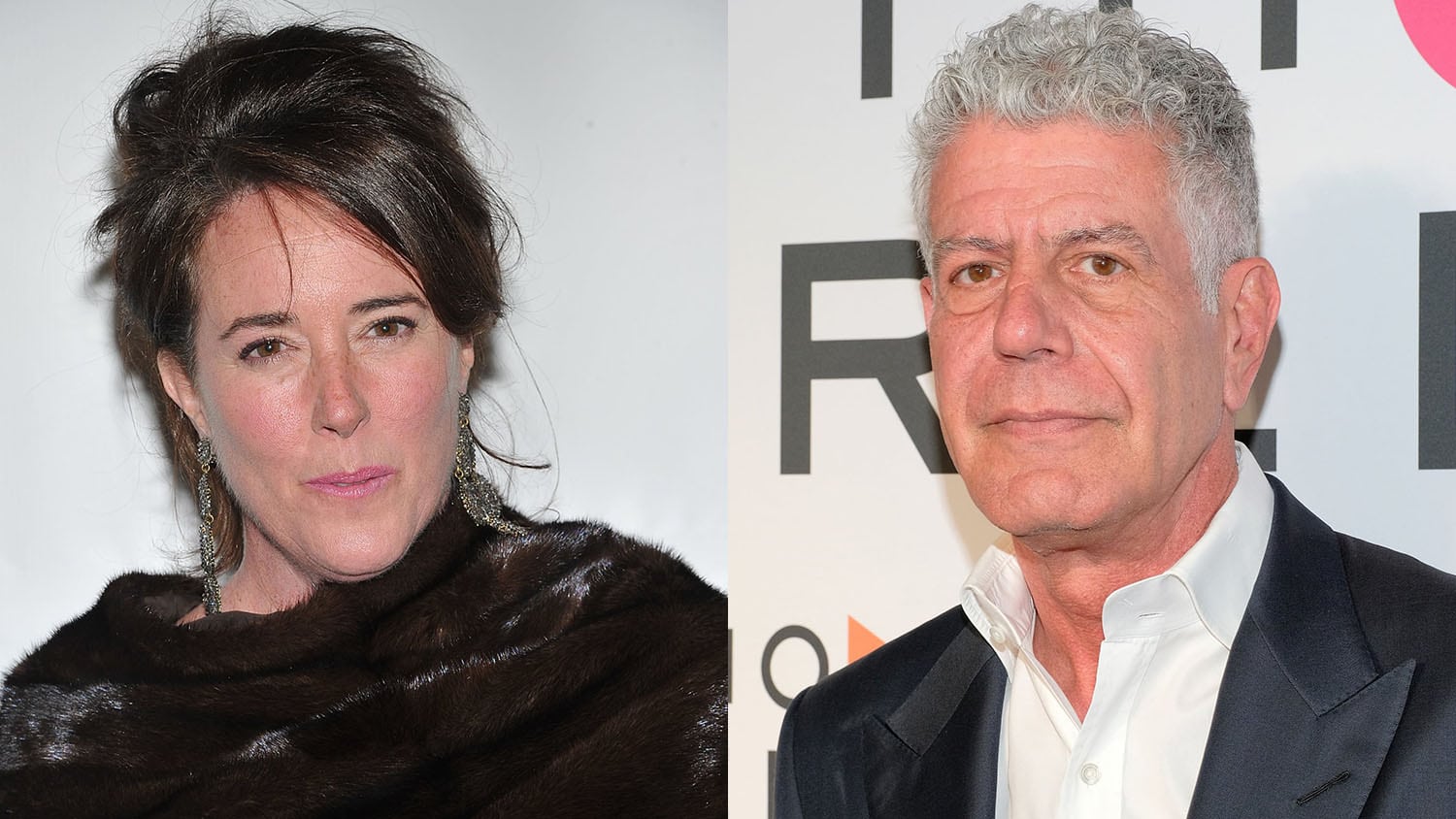
When I heard the news of Kate Spade’s suicide, my heart grew heavy, and the sorrow deepened when I learned she left behind a 13-year-old daughter, Frances Beatrix (who reportedly goes by the nickname “Bea”). Then, a few days later, the world was once again stunned by the news of Anthony Bourdain’s suicide. Bourdain also left behind a child, 11-year-old daughter Ariane. My empathy for these children brought me to tears as I remembered so vividly how I felt when my father took his life when I was 10.
When such a huge loss happens early in life, it can run so deep and overwhelm every other part of who you are. I missed my dad so much, and I just wanted things to go back to the way they were before. I wished I could go back in time like people did in movies. It was hard to accept that my dad was not coming back, and it felt like a big part of me died with him.
I wondered what it meant to no longer be alive. I closed my eyes and horrific images popped in my mind. I wondered whether, in those last seconds of his life, my dad regretted his decision, then I’d feel a pang of fear that he’d been eager to get away from me. It felt like it was my fault. I was convinced that, if I’d been better, he wouldn’t have chosen to leave me. I wondered why he didn’t love me enough to stay.
Even as a child, I’d known my dad was sad, so I had tried to cheer him up by making him drawings with optimistic phrases like “Don’t cross your bridges until you get there.” I didn’t get a chance to give those to him, and I wondered if they would have made a difference. I’d been begging him to watch “It’s a Wonderful Life” with me, and I wondered whether he would have had his own George Bailey epiphany of wanting to live if he had watched it with me.
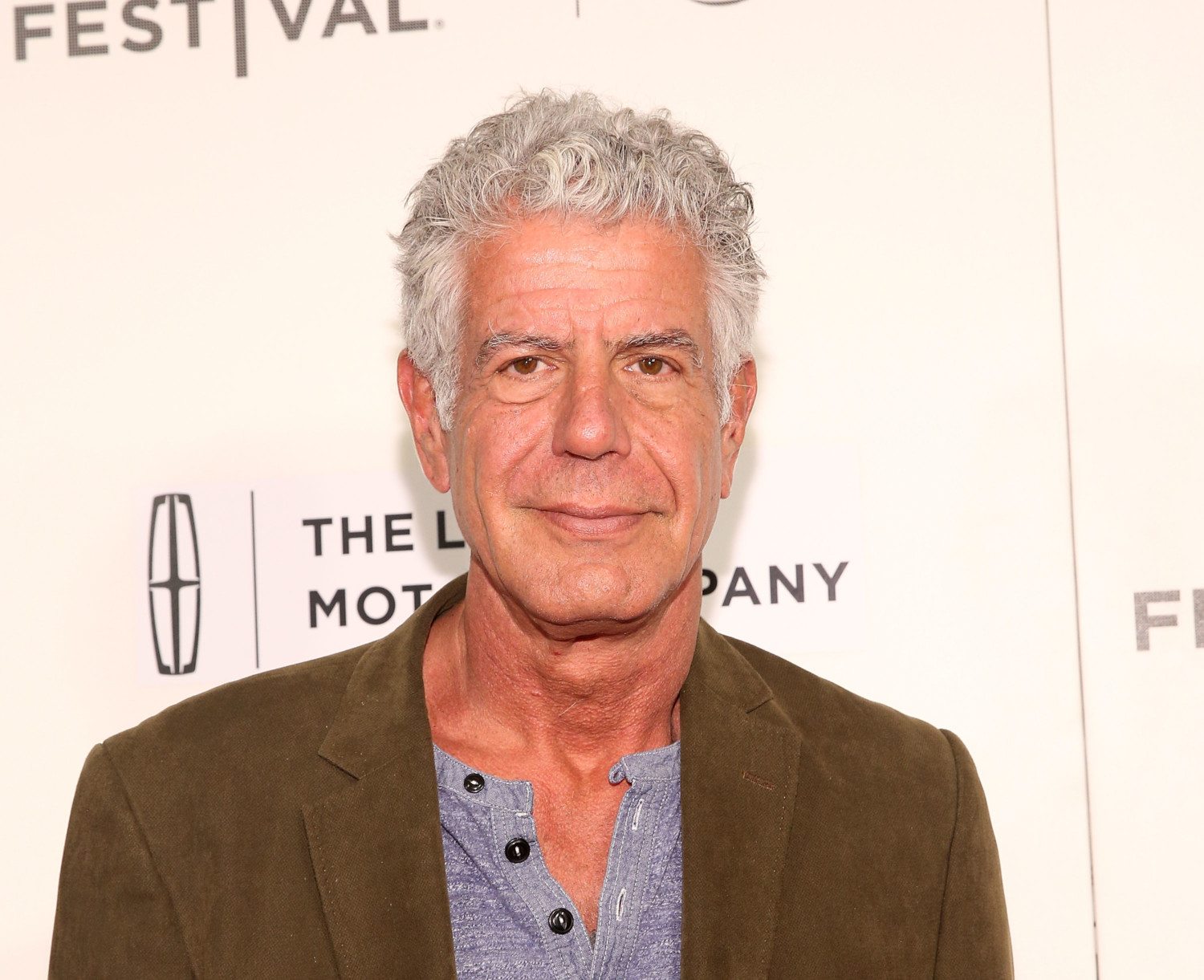
I think people tend to view children’s grief as being simpler than the kind adults suffer — but it can actually be more complex. A child’s grief is colored with innocence that’s so easily shattered by loss, and it’s deeper in some ways because children love so unconditionally. Since kids haven’t had a chance to develop coping skills, they need guidance through the hurricane of emotions that accompany grief.
“What You Say To A Child Survivor Of Suicide Matters”
I know for sure that what you say to a child survivor of suicide matters — and it can have a lasting impact. Of course, nothing anyone could have said would have been able to take away my pain — but comforting words may have soothed it for a bit. And unfortunately, some things that were said made me feel so much worse.
I received a wide range of condolences. It helped that some of my teachers came to my dad’s wake and gave me a hug. That sense of comfort was shattered when an older relative came up to me and told me that my dad was burning in hell. Imagining my dad still suffering caused me to have nightmares. Just as in real life, during the hellish dreams, I couldn’t save my dad no matter how hard I tried.
When I cried, an adult told me that things would be OK and that I shouldn’t cry. However, I really needed to cry, but I then felt like I shouldn’t. I was further confused when someone at church said it would have been easier on my mom if I had died instead of my dad. I was so confused, and I didn’t know what to do with the constant pain.
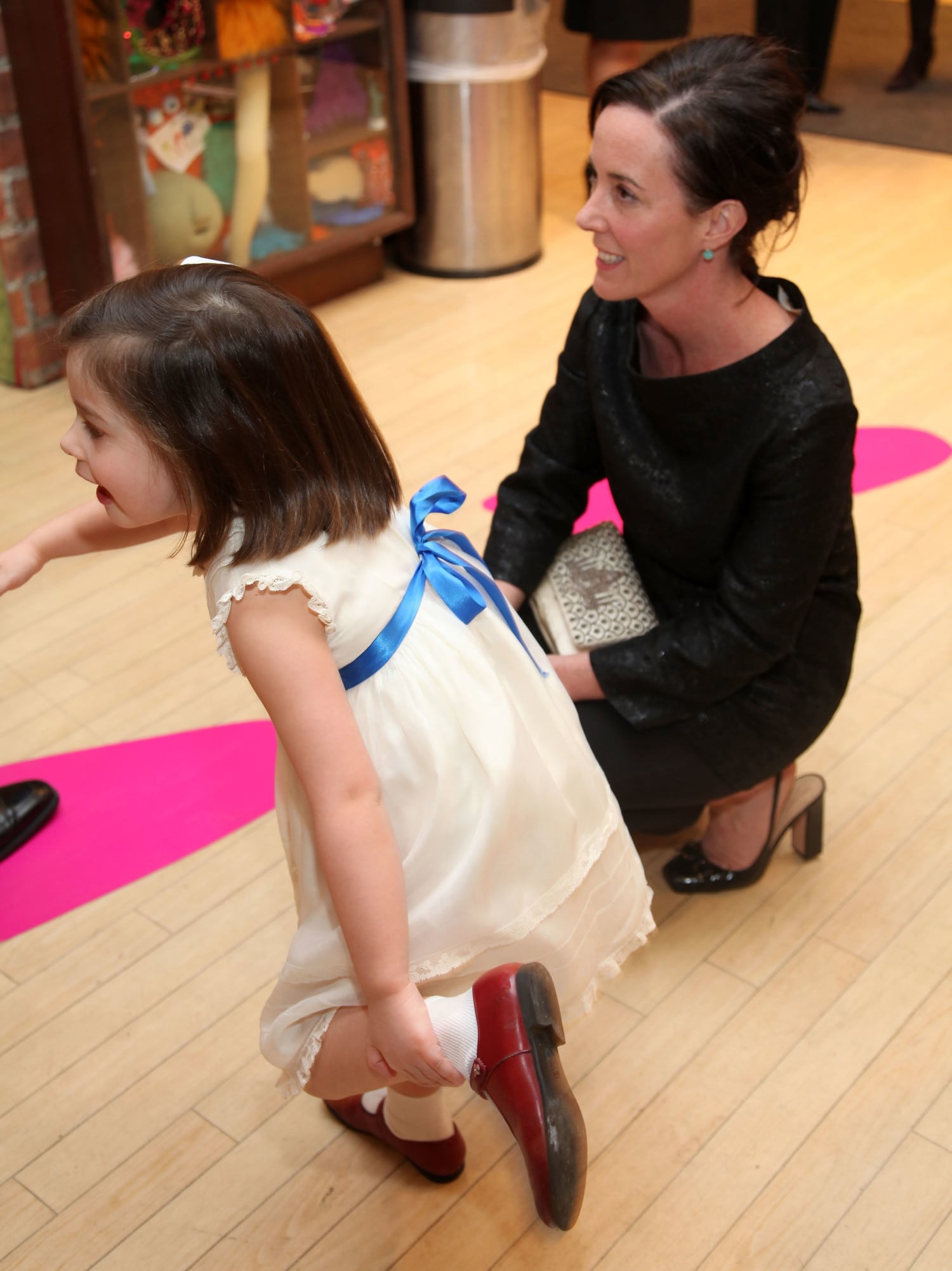
My own depression and suicidal ideation that started in the aftermath of my dad’s death didn’t go away for a very long time. It’s impossible to measure the damage of the cruel things that were said to me as a child. I know those hurtful words, combined with my own fears and deep sorrow, increased the pain and pushed me further down the path of low self-esteem and feeling like I didn’t deserve to live.
“Healing Is Possible”
I endured a lot of pain through the years until I listened to a dear friend who suggested I go to therapy. Only then, at the age of 36, did the true healing begin. I am still working on myself, but I’ve made so much progress already.
Although I was once severely suicidal, I’m now a happier, healthier person. Of course, I have problems, but the human spirit is more resilient than it seems when the dark curtains of depression try to snuff out the wonderful aspects of being alive.
I’m so grateful that I never gave up until I was able to heal. The hard work of healing ultimately freed me to create the life of adventure I always wanted for myself. I say a prayer of gratitude for simply still being here every day, and I’ve said that prayer of gratitude all over the world — from a castle in Portugal, the white sand beaches of the Bahamas, the mountains of southeast Tennessee, a boat on Lake Buchanan in Texas, and dozens of other places that remind me of how beautiful it is to be alive on this planet.
My hope for other children who lose a parent to suicide is that the healing starts much sooner. When trying to support a young survivor of suicide, I sincerely believe that therapy is the way to go. If you’d like to understand more about the therapeutic process, the book “Someone To Talk To” by Joyce Houser provides in-depth information about how it works. Having open conversations about counseling may help mourners understand how important it is for healing.
It’s impossible to know exactly the right things to say and do to help survivors of suicide because everyone grieves differently, but patience is critical. I can tell you what would have been helpful to my 10-year-old self: I needed to hear that I didn’t deserve the anguish that overtook my every waking moment. I needed to be reassured and told that it wasn’t my fault. I needed to be comforted and heard. I needed to know that it was OK to cry. I needed therapy sessions where I could discover that the horrible feelings truly would pass one day.
Healing is possible when a child is given the help and support that they will desperately need at this time.
If you or someone you love is in crisis, please call the National Suicide Prevention Lifeline at 1-800-273-TALK (8255), or contact the Crisis Text Line by texting TALK to 741741.


